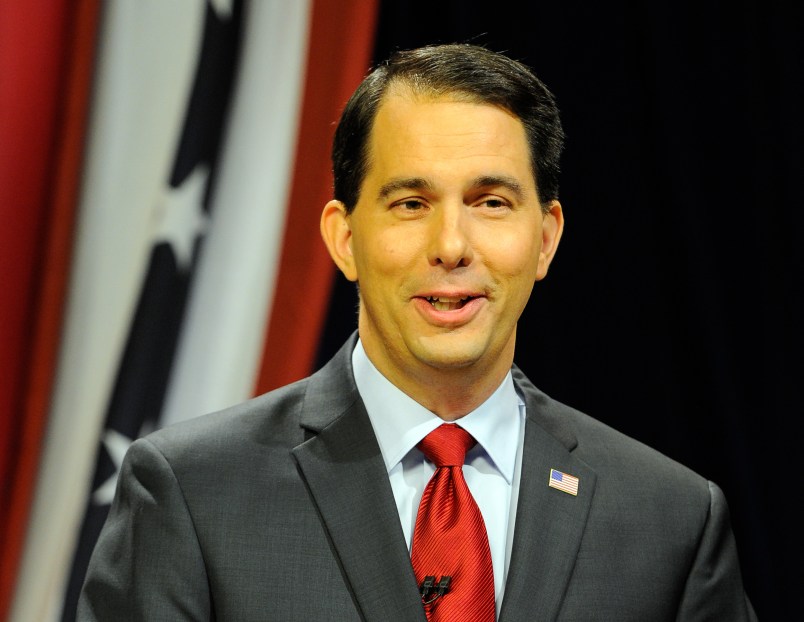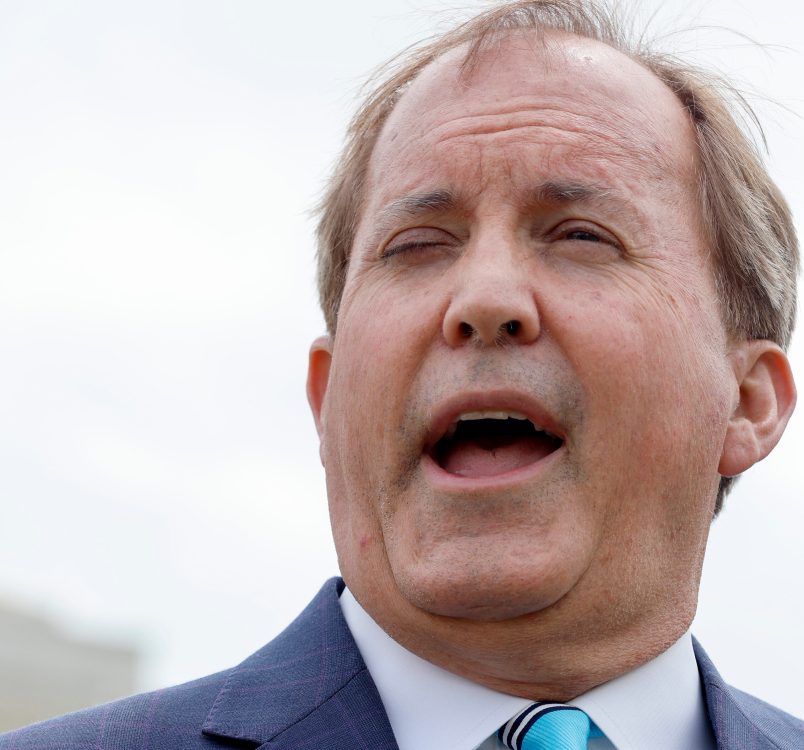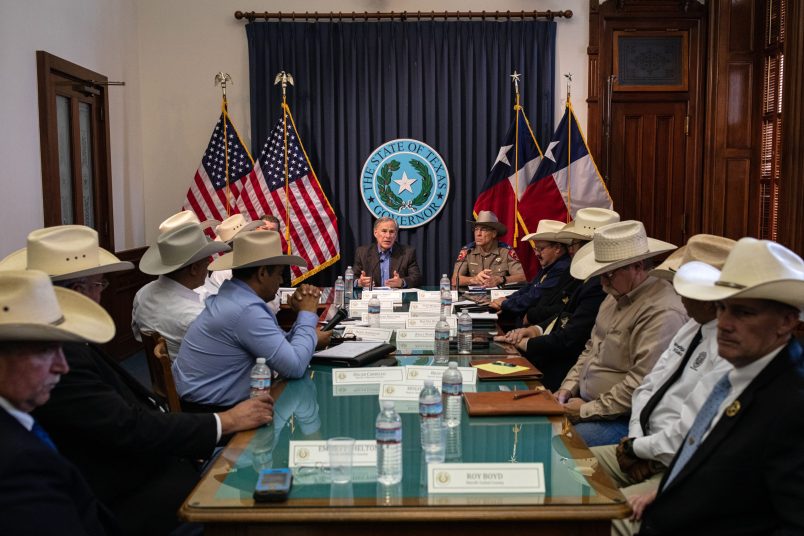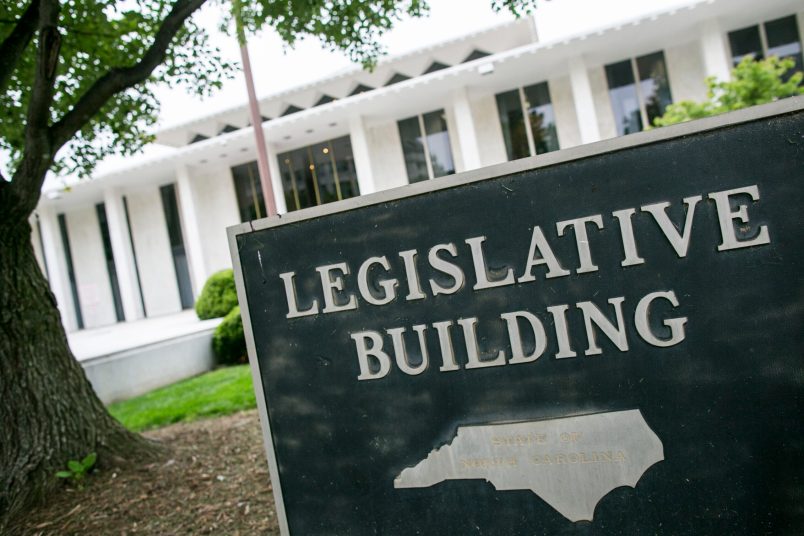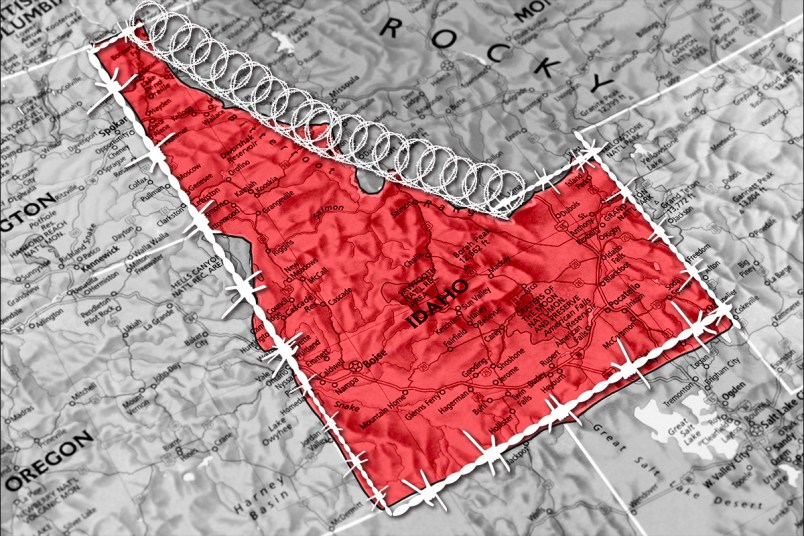Before he announces that he’s jumping into the 2016 presidential race, Wisconsin Gov. Scott Walker (R) wants to finish work on his latest state budget and in the process pack it with conservative goodies he can tout on the campaign trail. For Walker, this is key to his 2016 game plan.
“The budget is important, because Walker has been delaying an announcement before he officially announces as President. It gives him a list of popular red-meat items to check off in the primaries,” University of Wisconsin Public Policy Professor Donald Moynihan told TPM.
Here is a list of five of the big items Walker is hoping to sign into law that will appeal to conservative primary voters:
Drug Testing For Recipients Of Government Assistance
As The Milwaukee Journal-Sentinel noted, even though Walker hasn’t formally announced his candidacy for president yet, he’s marched around the country touting his push to prevent drug addicts from receiving certain types government aid —food stamps, jobless benefits, and government health care. That line has sparked applause and while Democrats have been able to whittle down some of the more contentious parts of they haven’t been able to uproot this one.
Education Cuts
One of the most publicized parts of Walker’s budget has been his proposed $300 million cuts to the University of Wisconsin system as a partial way of balancing the state’s budget. He’s also found himself in hot water over a move by his administration to drastically change parts of the university system’s mission statement, a treasured part of the system’s history. Walker has denied that he actually meant to change the Wisconsin Idea statement and instead blamed it on a drafting error “someone made.”
Both the Idea wording change and the cuts were interpreted nationally as a sign Walker was gearing up for a big push to appeal to conservative primary voters in Iowa.
Slashing Natural Resources Staff
On Friday, Walker didn’t quite get everything he wanted when the GOP-controlled Joint Finance Committee did not end a conservation land program, as Walker wanted. But the same panel on Friday did approve cutting down the number of personnel at the Department of Natural Resources (80 positions out of 2,642, according to the Journal-Sentinel) and half of the top science staffers at the agency. Critics argue that reducing those staffers translates to essentially damaging the environment by making decisions with less environmental research input.
Dramatically Cut Revenue To State Parks
As TPM previously noted, Walker also wants to cut $4.6 million of the $16.7 million budget for operations, about a 28 percent cut. Experts suggest though that the cut wouldn’t really do much to balance the state’s budget and, instead, is meant to win over conservative voters.
“This is an appeal to conservatives who are active in the nomination process,” University of Wisconsin political science professor Barry C. Burden previously told TPM.
The idea, according to the Wisconsin State Journal, is to make the parks sustaining but there’s skepticism that the cuts will do.
“Although revenues from park admission fees, camping fees, golf course charges and restaurants can help fill the gaps, outside of certain very popular parks, they are not enough to make parks self-sustaining,” the National Conference of State Legislatures Douglas Shinkle told the State Journal. Shinkle follows environmental issues for his group.
Public Broadcasting
Last month the joint finance committee (which, again, is controlled by Republicans) voted to scale back Walker’s proposed cuts to public broadcasting, from $4.9 million to $2.3 million. But cuts remain.
Walker, in February, proposed cutting funding to the Educational Communications Board (ECB) which, according to the State Journal, spends $19 million a year, about 40 percent of public broadcasters’ total budget, according to the public broadcasting trade publication Current. Walker’s proposal included a very direct 34 percent cut in funding to Wisconsin Public Television and Wisconsin Public Radio, the newspaper said. Republican lawmakers in Wisconsin have argued that Wisconsin Public Television and Wisconsin Public Radio skews their coverage.
“This was clearly directed at public radio and public television,” Wisconsin Public Television director James Steinbach said.


